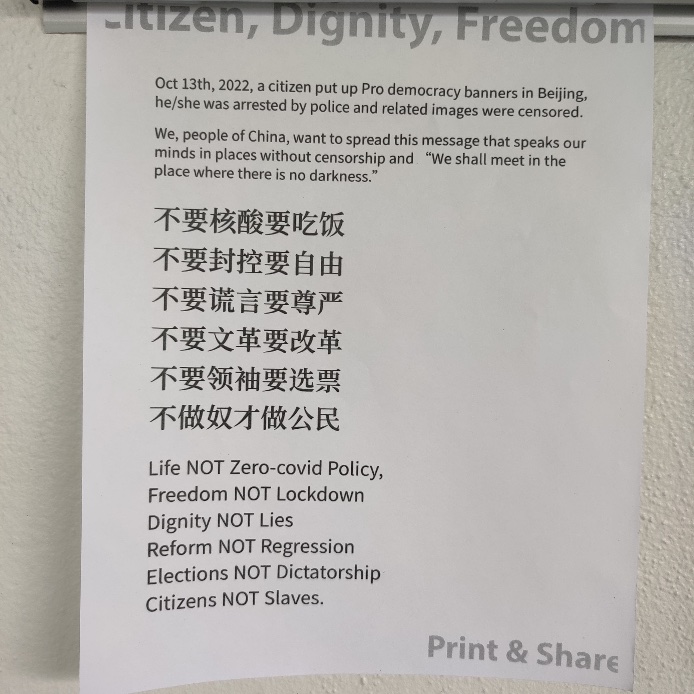Chairman Xi the orator. Not
At this most important moment of his career, when he is about to be crowned emperor for life of the CCP / PRC, Xi Dada commits a whole slew of bloopers and blunders, gaffes and goofs, and the camera has caught him in flagrante delicto:
【辱包素材】习近平二十大开幕报告口误合集
接踵(zhòng)而至
打铁(xuě)必须自身硬
解决(放)人类面临(yín)的共同问题
妇女儿童(téng)
着(zháo)力
供(gòng)给
塑(shuò)造
痼疾(jì)
步骤(zòu)
生动活泼(生吞活剥🐻)
道德水准(平😈)
斗争取得(斗争争🤨)
物质文明(墓志铭🪦) pic.twitter.com/ahPJ1hoLoK— Dope Pig_习蜜归来 🇻🇳 🇰🇵 看反贼正在土崩瓦解,保皇派出头之日已经到来 (@Dope__Pig) October 18, 2022
Read the rest of this entry »



